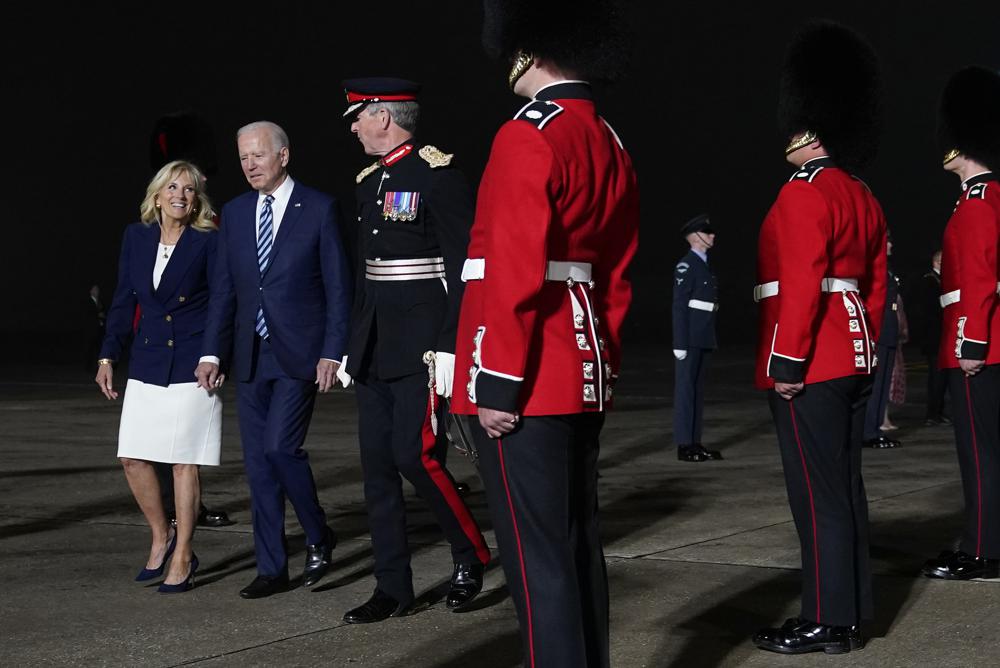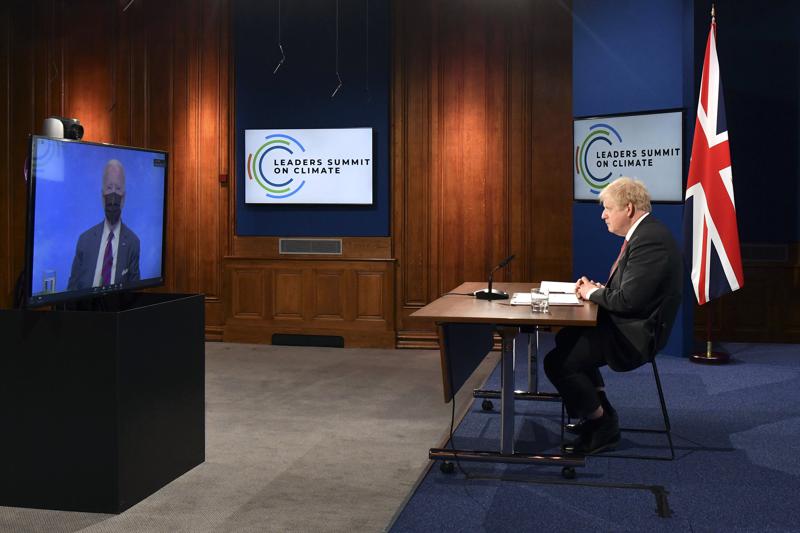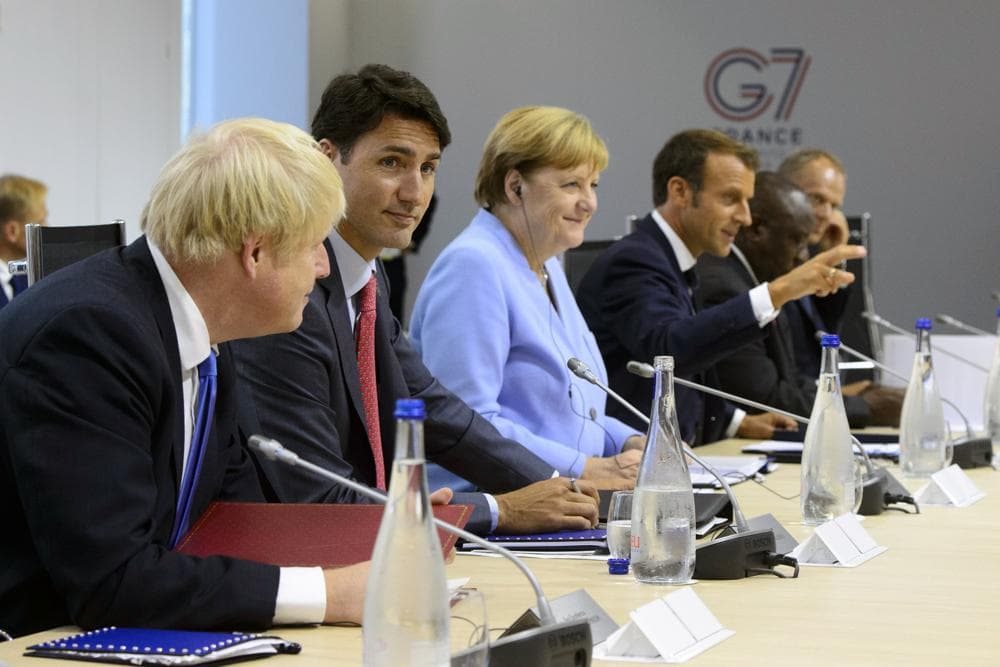LEICESTER, United Kingdom – Bishops in the UK are calling on G7 leaders to “build back a fairer, greener, global economy” in the post-COVID world.
The leaders of the Group of Seven nations – the United Kingdom, United States, Canada, Japan, France, Germany, and Italy – are scheduled to meet in Cornwall, on the west coast of England, from June 11-13. They will be joined by leaders from the European Union offices.
U.S. President Joe Biden arrived in the UK on Wednesday for the meeting, on his first overseas trip since his election.
The leaders will be discussing the ongoing COVID-19 pandemic, and the upcoming United Nations climate change meeting scheduled to take place Nov. 1-12 in Glasgow.
In a letter to British Prime Minister Boris Johnson signed by representatives of both the Catholic Bishops’ Conference of England and Wales and the Catholic Bishops’ Conference of Scotland, church leaders called on the G7 to create a “sustainable future for our global community.”
“The urgency of the global ecological crisis, and the teachings of our Catholic faith implore us to speak out, take action, and make decisions that benefit our planet and the most vulnerable in society,” the June 7 letter says.

The letter was signed by Bishop Richard Moth of Arundel and Brighton, lead bishop for Social Justice at the Catholic Bishops’ Conference of England and Wales; Bishop John Arnold of Salford, lead bishop for the Environment at the Catholic Bishops’ Conference of England and Wales; and Bishop William Nolan of Galloway, lead bishop for Justice and Peace at the Catholic Bishops’ Conference of Scotland.
“The social, economic, and environmental crises we face are inextricably linked. The biodiversity of our planet is decreasing at a shocking rate, and we must all act to counter this. We wish to emphasize that the emergency of the ecological crisis has a human face, recently highlighted by the Vatican’s guidance on climate displaced people,” the bishops’ letter says.
“In our race towards our own technological and economic advances, we have caused the exploitation of people and the degradation of our planet. Energy and infrastructure are vital in supporting the poorest in our societies out of the pandemic and out of the ecological crisis, but we must look towards a future whereby we radically reduce our use of fossil fuels – something which the countries which you represent have a shared responsibility for, in ensuring fair outcomes for the benefit of all,” the bishops add.
The bishops noted what the Catholic Church has accomplished during the COVID-19 crisis in Britain, including providing support at food banks, for the homeless, at vaccination centers, and providing vital outreach to the elderly and isolated.
“The past year has shown us what we can achieve when we work together towards common goals, but we must do more, and we need you to act now in cooperation to develop strategies and policies that will protect our common home,” the letter reads.
“We acknowledge that in discussing these issues and trying to work towards a solution, you will face many difficulties,” the bishops say, but point to the efforts Across England, Scotland and Wales, where Catholic organizations and communities are already working hard to help respond to the environmental crisis through transitioning to the use of green energy at Church institutions and implementing education programs at over 2,600 Catholic schools across Britain.

The letter emphasizes that protecting the environment “is the responsibility of every one of us, not just of government,” but reminded the G7 leaders they have “the power to make choices and policies which will allow us to build back a fairer, greener, global economy.”
“We also ask you to reflect on what this means for the whole of society and ensure that we work together towards a sustainable future, which includes at its heart, the most vulnerable communities,” the bishops continue.
In the letter, the bishops make three specific recommendations for the G7 leaders: Provide economic support towards a sustainable recovery from the pandemic, and to move quickly to halt the biodiversity loss the planet is facing; act to support developing nations, ensuring that they are not left behind in decision making, and have fair access to vaccines; and ensure sustained action and accountability, to meet targets set out in the 2015 UN Paris Agreement on climate change and move as quickly as possible towards a zero-carbon economy, so that the world doesn’t exceed the 1.5° Celsius temperature rise “beyond which life on our planet will face dire consequences.”
“We ask for cooperation across state boundaries, and action in support of our poorest neighbors. We ask you to recognize the interlinked nature of these problems, and work towards common solutions. Our future must be sustainable, and it must also be just,” the letter concludes.
Follow Charles Collins on Twitter: @CharlesinRome















